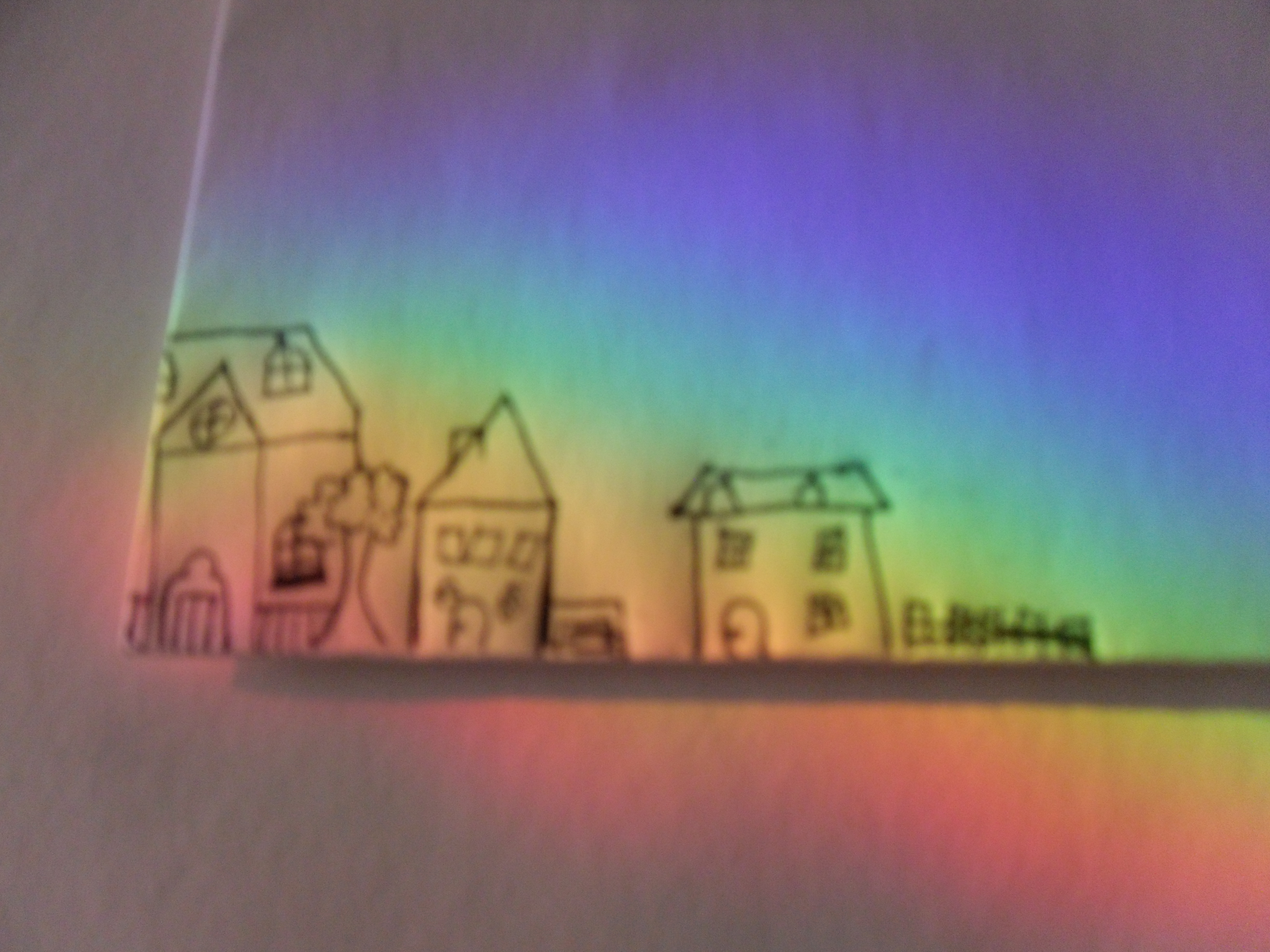



Changing Points of View

Stages of Unschooling

Seeing Unschooling
I kept pacing and whimpering.
"Write it like Lone Wolf," he said. "If you want to learn about math, go to page 132. If you want to learn about science, turn to page 53."
Now THERE is an idea—education as a Choose-Your-Own-Adventure book. Now he's onto something. I mean now I'm writing.
There are many ways to homeschool. Surprisingly (NOT) homeschoolers sometimes look askance at styles which are not their own. Extremists at both ends have complained that they hate to be tarred with the same brush as [fill in the blank with "Other"].
Some homeschoolers are very structured. They do school-style work, with subjects, units, tests, grades, on a schedule with vacations (in Timbuktu, perhaps, but without schoolwork when they get there). They fear to hear, "Oh, so you're homeschooling; you just let your kids do whatever they want?"
Some homeschoolers structure their lives on the open classroom models used in the early 1970's. They were big in many New Mexico school districts, so some of you reading this might have taught in one, or attended one. This is a structure based on removal of the traditional structure, on interest-based learning, on discovery learning. People enamored of this approach fear to hear, "Oh, you're a homeschooler. So you don't let your children play outside the house with other children?" or "So, call me when your lessons are over."
I'm an unschooler. Lessons are never over. On the other hand, lessons never really begin. Children's questions are answered and an atmosphere of learning is created so that questions are constant and answers are never far away.
When people ask a structured family how much time it takes to homeschool the response usually ranges from three hours a day to six hours a day (much more than kids actually spend in classrooms in school). When you ask an unschooling family how much time it takes to homeschool, first there's a pause. I've heard, in rapid succession in groups of unschoolers, "None" and "All of it." Their range is it takes from zero hours a day to 24 hours a day.
When learning is recognized in the fabric of life and encouraged, when families make their decisions based on what leads to more interesting and educational ends, children learn without effort, often without even knowing it, and parents learn along with them.
Many homeschoolers fall somewhere between structured and seamless-life learners. There are families whose children attend school whose houses are learning labs, museums and libraries all rolled into one. Enriching our lives for the benefit of our children isn't just for homeschoolers. Small changes in parental attitude are sometimes all it takes.
Learning isn't in fancy books or computer games, it all happens in the ideas children have, in the trivial facts they fit together to come up with their view of the world—past present and future. You don't need a lesson or a unit to show a child what's wonderful about woodgrain, ice crystals on the windshield, or birdsongs. Five seconds worth of pointing and saying "Look, these trees were not native to North America" might possibly lead to an hour long discussion, or a lifelong fascination. Bringing something interesting home, browsing in an antique shop, listening to new music on instruments you've never heard—all those build neural pathways and give you a chance to be together in a special place.
No matter how your children learn, take a few more opportunities to share wonder and discovery with them. It will enrich you all.




Changing Points of View

Stages of Unschooling

Seeing Unschooling